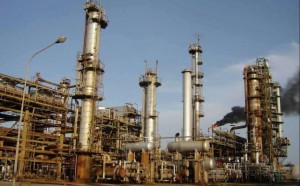Residents of Kubwa, Bwari
Area Council of the FCT have continued to besiege banks in the area to
meet up with the June 30 deadline expiration date of the registration of
the Bank Verification Number (BVN) by the Central Bank of Nigeria.
Most of the banks visited by our
reporter were flooded by customers, who trooped to the banks in their
numbers to get registered.
While some complained that they were asked to wait as the registration forms had been exhausted, others who said they had earlier registered said they were yet to receive their numbers via SMS as promised.
One of the residents, Adeola Mercy, said she was in the bank as early as 7.45a.m. for the exercise, but was surprised to meet people already queued up waiting for the bank to open for the day’s business.
“I left my house as early as 7:30a.m. thinking I would be one of the first to be attended to. But up to this time (after 11a.m.), we are yet to be attended to,” she lamented.
Ekene Ugochukwu said he was not ready to wait for the 2p.m. they said the forms would be issued to them, saying he had other important engagements to catch up with.
A staff in one of the banks, who spoke on condition of anonymity, said they had enough forms contrary to the notions of some customers, explaining that they were asked to wait till 3p.m. in order to attend to the ones that had earlier been issued out.
He, however, blamed the customers for waiting till the dying minutes before they could come for the exercise.














